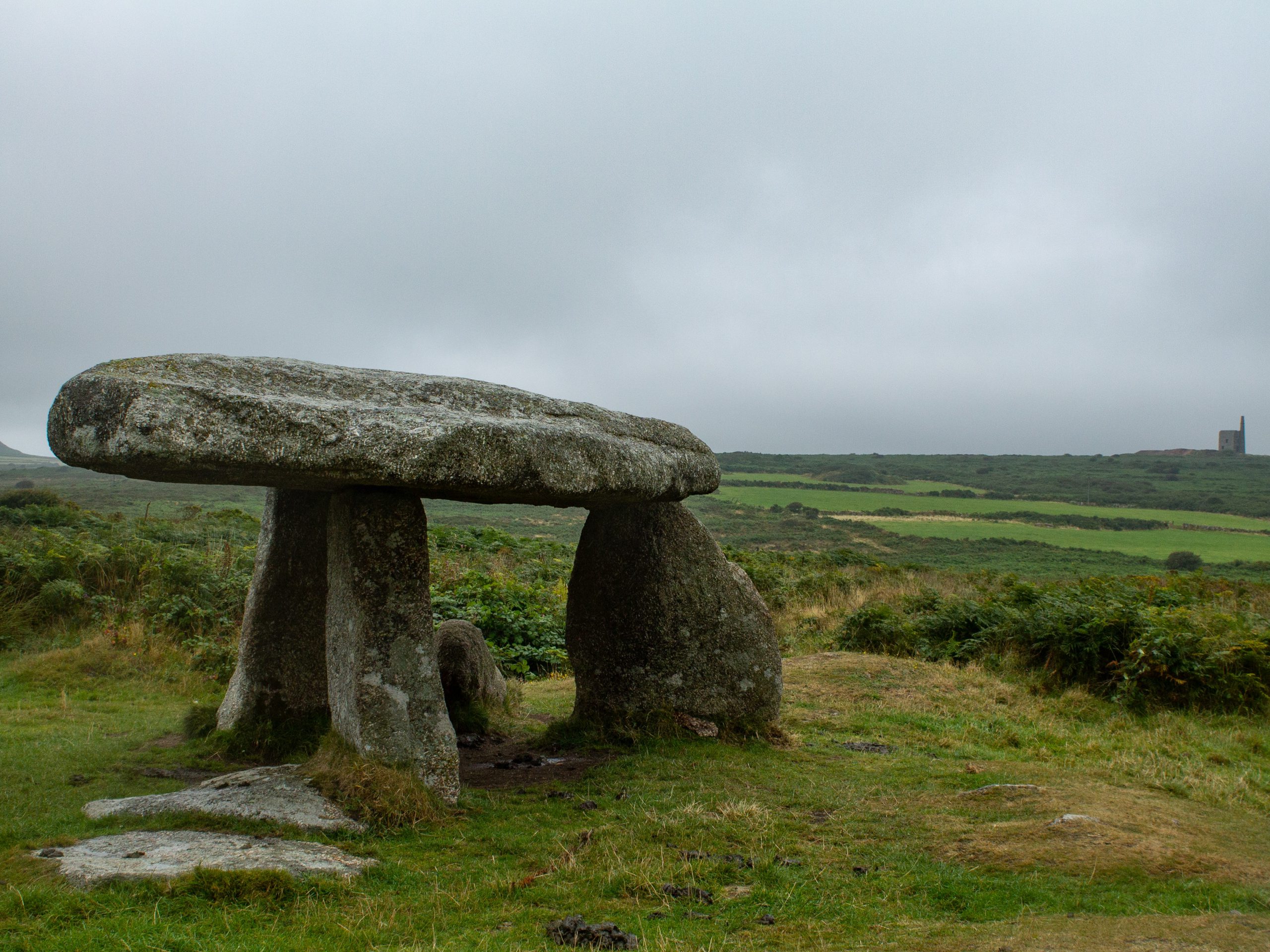
The breath-taking county of Cornwall has been inhabited from the early Stone Age. The early Cornish spent their time and effort building various monuments. Luckily for us, remnants of these still remain scattered across the landscape.
Here at The Valley, we look forward to welcoming you once the COVID-19 restrictions have eased. We hope that you’ll consider our luxury cottages in Cornwall when planning your next holiday, whether it’s to explore the ancient rocks and ruins of the county, or soak up the stunning coastline and countryside.

Carn Euny
Carn Euny is a curious set of ruins that have been left behind from an Iron Age settlement. It was occupied until late Roman times. The well-preserved stone homes and structures include its fogou which is an underground passage.
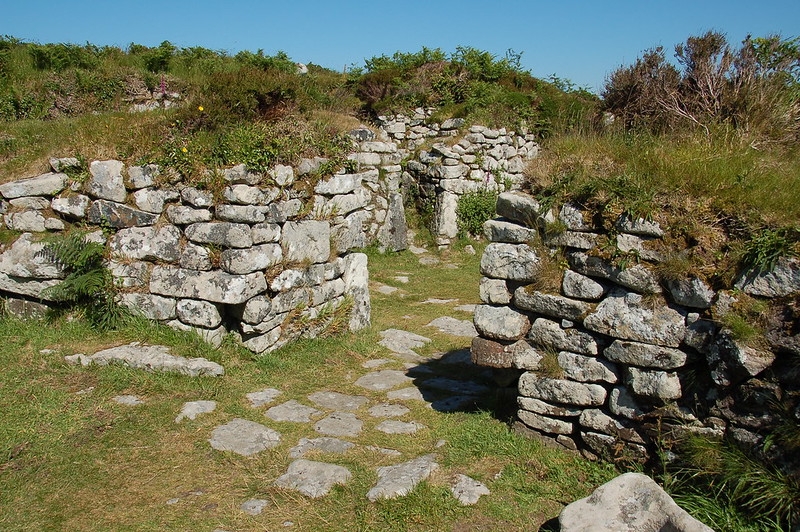
Chysauster
Somewhat similar to the condition of Carn Euny, Chysauster is one of the greatest examples of a settlement site in the country.
The Roman-British settlement dates back almost 2,000 years ago. The site consists of ‘courtyard houses’ that line the remains of a village street. These houses were homes of farmers who grew cereal crops in the surrounding villages in the 18th century!
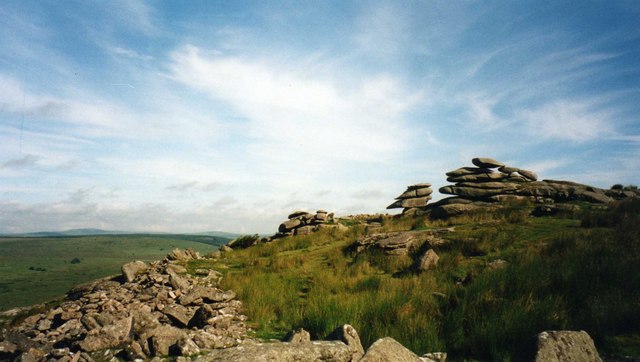
The Cheesewring
The Cheesewring is a natural geological formation that was created by the weather. The name originates from the piled slabs resembling a cheesewring, which is a press-like device that was used to make cheese.
Local legends insist that the Cheesewring was created from a contest between a man and a giant.
A stone’s throw away from the awe-inspiring rocks of the Cheesewring, you will find the remains of a caveman’s home. A man named Daniel Gumb set up his home with his family on the moors in the 18th century. He did this so that they could escape the taxman!
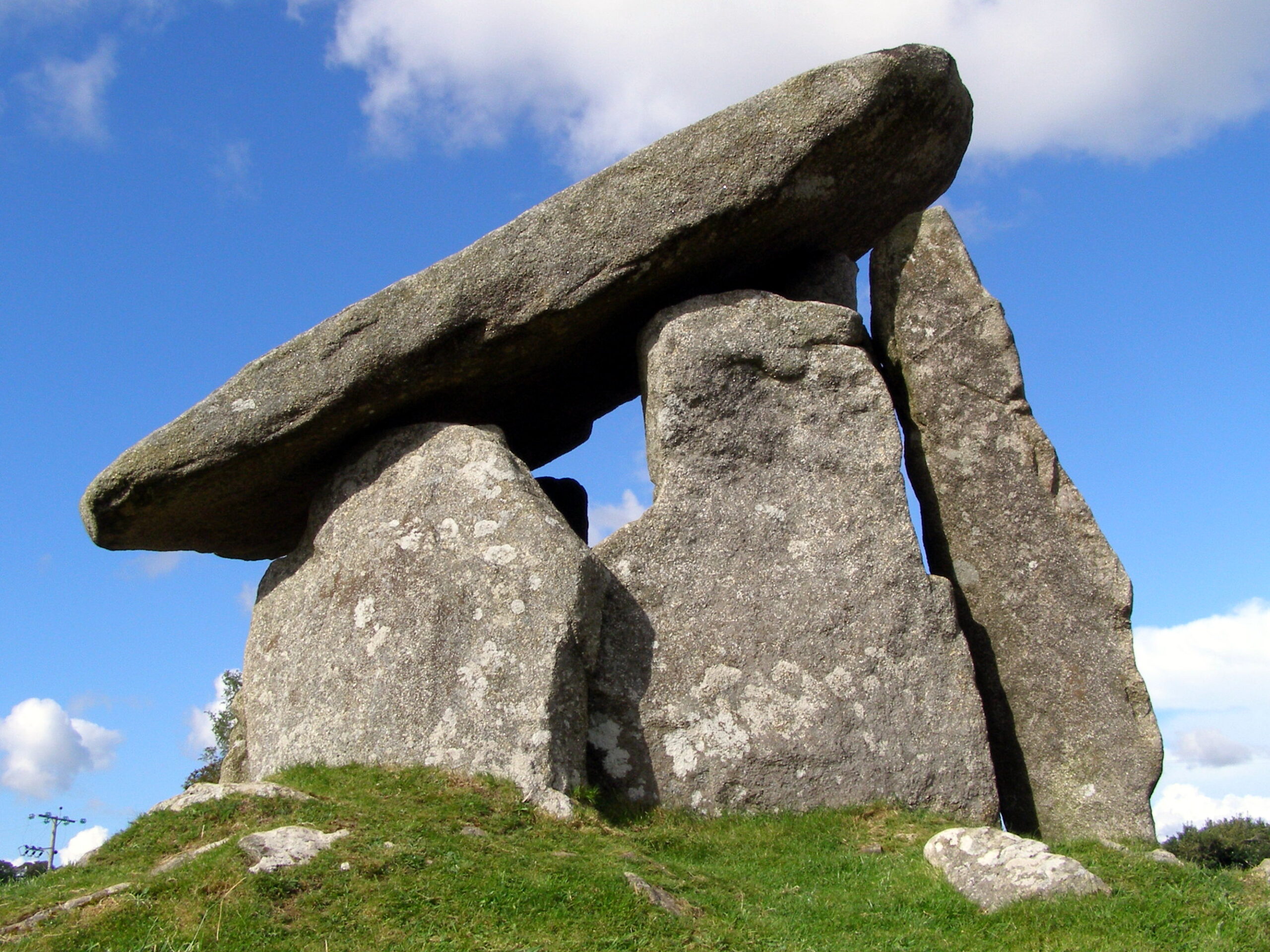
Trethvy Quoit
Adding to the collection of the well-preserved ancient sites in Cornwall, Trethevy Quoit is a Neolithic burial chamber. It stands at a height of 2.7 meters, towering above its visitors. The site consists of an enormous slab that is upheld by five standing stones.
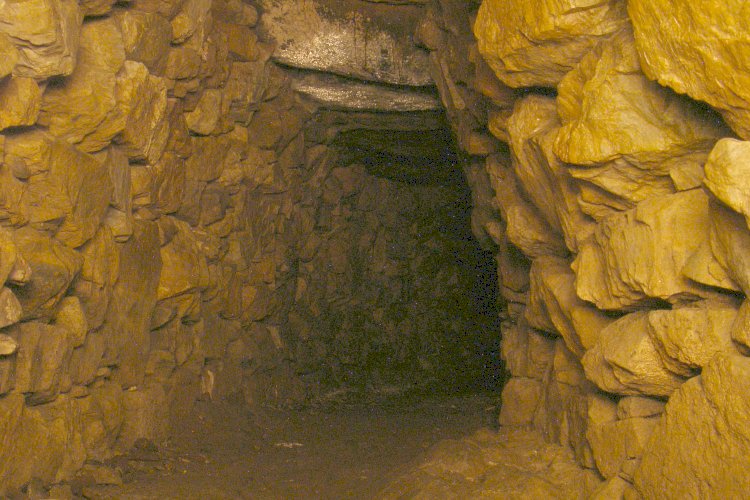
Halliggye Fogou
Halliggye Fogou is a compilation of underground passages. The ancient site is one of the best preserved examples among several other mysterious underground channels within Cornwall. The reason behind the existence of fogous’ within Iron Age settlements is still unknown to this day.
This particular fogou dates back to the 5th or 4th century BC and was once part of a farming settlement. Some believe these were used as places of refuge, storage or ritual shrines.
What are your favourite ancient sites to visit in Cornwall? We’d love to hear about them on our social media channels! For more information about Cornwall, you can browse through our blog where we share our favourite sites, recipes and much more!